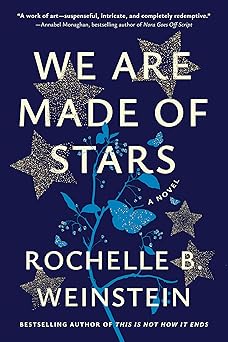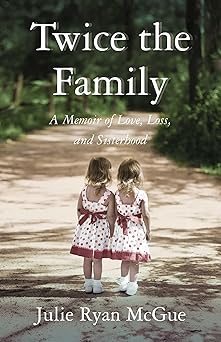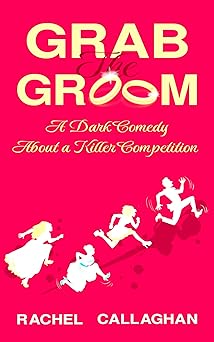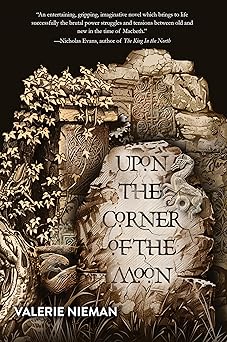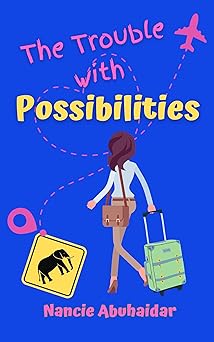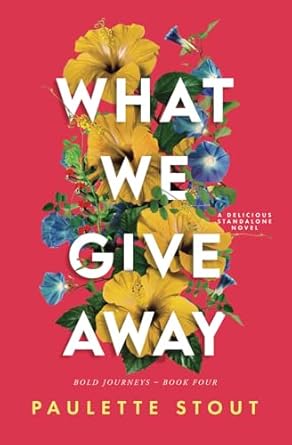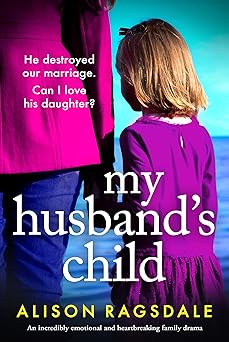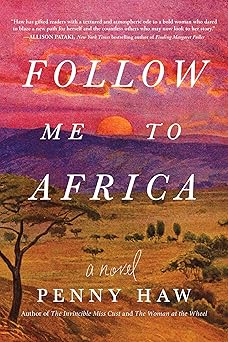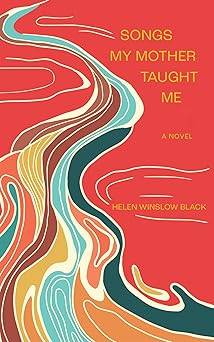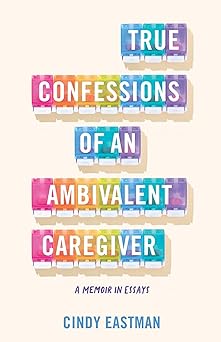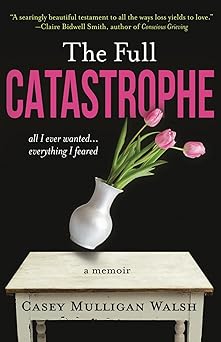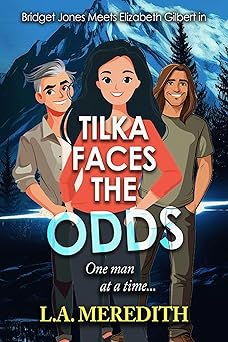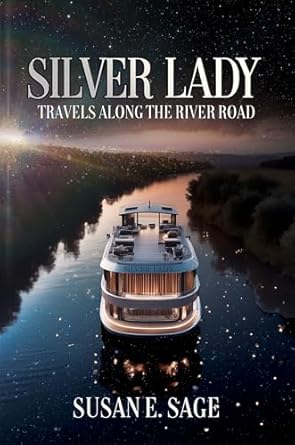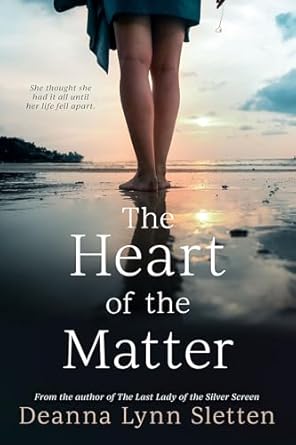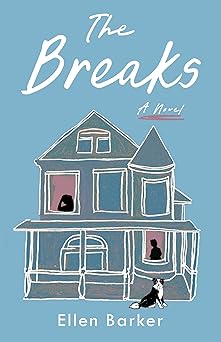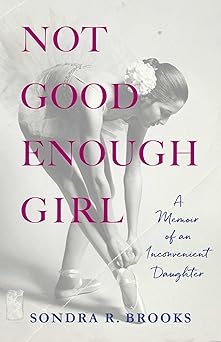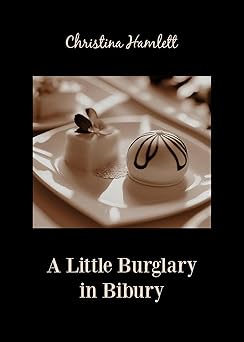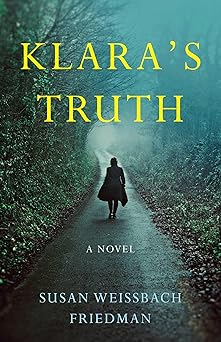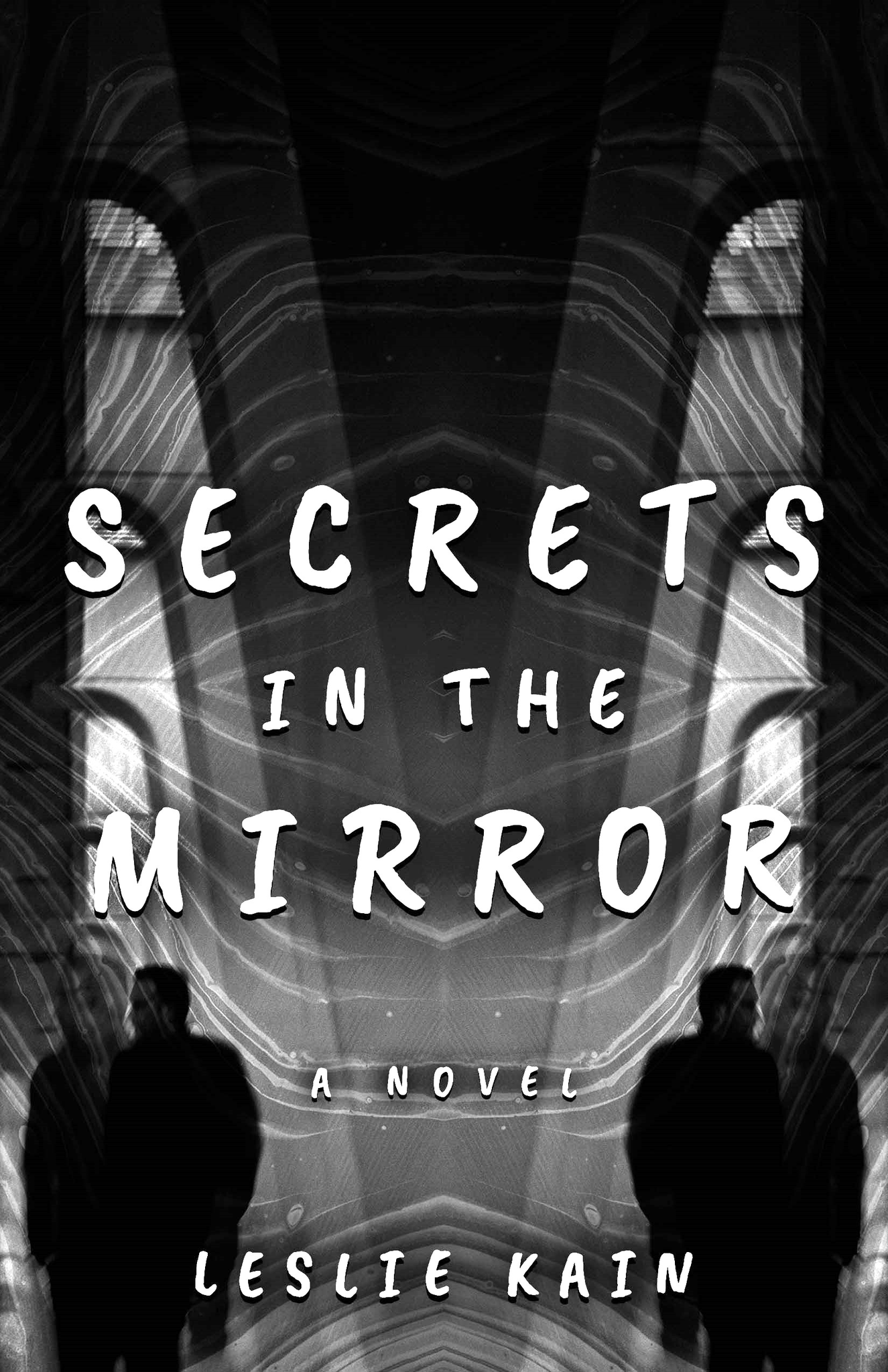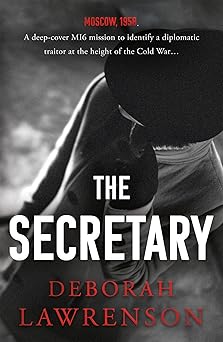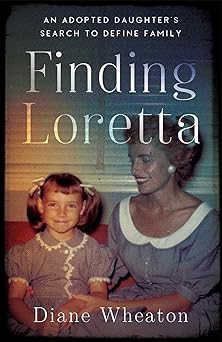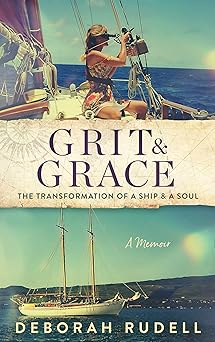Interview with Julie Scolnik
 “Not every true story is like a good novel, but this one is. Not every memoir of first love has a satisfying ending, but this one does. The confluence of first love with becoming an artist makes this memoir special.” — John Irving
“Not every true story is like a good novel, but this one is. Not every memoir of first love has a satisfying ending, but this one does. The confluence of first love with becoming an artist makes this memoir special.” — John Irving
PARIS, 1976: Twenty-year-old American student Julie Scolnik had just arrived in the City of Light to study the flute when, from across a sea of faces in the chorus of the Orchestre de Paris, she is drawn to Luc, a striking (married) French lawyer in the bass section. This moving tale of an ebullient young American and a reserved Frenchman will transport readers to the cafés, streets, and concert halls of Paris in the late seventies, and, spanning three decades, evolves from deep romance to sudden heartbreak, and finally to a lifelong quest for answers to release hidden, immutable grief.
Against a magical backdrop of Paris and classical music, Paris Blue is true fairy-tale memoir (with a dark underbelly) about the tenacious grip of first love.
We are delighted to feature this interview with Julie!
You have mentioned that Paris Blue is a story that has lingered in the corridors of your psyche for forty years. Can you explain?
The story begins in 1976, when I had just arrived in Paris at age twenty on a Junior Year Abroad program with Wesleyan University. I also came to study the flute with a famous French flute teacher. The first few months of autumn, I wandered the evocative City of Light in a state of disbelief, but by November the sun stayed hidden behind opaque clouds day after day, and I began to feel lonely and lost. I needed to find a way to fill the void, so I joined a chorus. And not just any chorus – one that sang with the Orchestre de Paris. From across a sea of faces, I was drawn forcefully to Luc, a married French lawyer in the bass section. And that is where this love-at-first-sight tale begins.
What happens during the next eighteen months is the structure of the first part of the book—our deliciously restrained courtship, the deep romance and then the shocking and sudden heart break when Luc comes to the US. But the memoir covers three decades and follows me into my forties as a professional musician, in a happy marriage with children, and yet, my search for answers continued.
How were you able to remember entire conversations from 1977?
At twenty-two, I wrote down the story- in first person – up until that point in time. I had not kept a journal during our romance, believing that anything I wrote could not capture what was happening to my heart. But when it was over a year and a half later, I wrote it all down in long hand, every verbatim conversation. I remembered it all in such detail, as if it had been indelibly imprinted in my memory.
What were the specific processes that you went through during the last 4 decades to finally bring the book to where it is now?
I did little with it for the first decade or so but I did transcribe the notebooks into a typed manuscript on my computer. And every few years I would haul it out, dust it off, and work on it. I tried to send it out long before it was good enough, and one agent suggested I turn it into a novel which I did, but it was a very bad idea. It even had a different title —Lilies that Fester —from Shakespeare Sonnet #94. But it wasn’t a novel, just a thinly disguised memoir. And I knew it hadn’t reached its final truest version. But I knew it was in there somewhere and that I would have to share with the world before the end of my days.
Then maybe twenty years ago, the point of the book and a new title hit me one day. And it was a revelation. Because as we all know, it’s not enough to have a good story – it has to have a point. And I had found my point. It was “A Certain Shade of Blue,” and this was way before Fifty shades of Gray appeared. But, of course, once those books and films came out, I knew I couldn’t keep that title, so I changed it to Paris Blue (which is so much better anyway). I don’t want to reveal here what the Blue in the title means, but it is not at all what one might assume.
Then I read a book on memoirs and learned that a memoir is a universal truth as illustrated by a personal story, and I had found my truth. So I turned it back into a memoir, cut 100 pages, and deleted anything that was tangential to the story. I then searched for and found a manuscript consultant whose fresh eyes, ears and heart helped me a bit with the timeline (as I was trying to cover many decades and multiple life events and flashbacks, all of which was complicating the story-telling.)
When I was happy with it, I sent out many queries, and found an agent who really believed in the book. But I was impatient, and decided to look for a small publisher on my own. The acquisitions editor, author Greg Fields, at Koehler Books sent me the most amazing acceptance letter, and this was a turning point for me.
What do you want readers/listeners to remember about your book?
* First love changes you and clings to you forever.
* Love-at-first-sight exists.
* Memory/Music/Love/Poetry are all interconnected.
* Our memories are not to be mourned but cherished as we get older.
Is there one line in the book that encompasses what it is about?
“When you fall in love at twenty . . . does the heart form around the other person, like an old tree slowly absorbs a sign hung on it when it was a sapling? And then, when it’s gone, do you forever feel the lack of it, feel its imprint, where it once rested?
Why do you think a story like this will resonate across boundaries, race, age and gender? Why did you need to tell this story?
I really believe that everyone has some kind of story like this. I hope that it will bring back those stories of first love to people reading it. I am fascinated by this phenomenon. I had to tell it because it is my story- and part of the take way is this: the connections that people think are the most important are not the ones that count. And because I believe there is something to be learned from a story with a universal truth such as this one.
—
buy PARIS BLUE HERE
 American flutist JULIE SCOLNIK has enjoyed a diverse musical career as a soloist, chamber musician, and orchestral flutist, and is the founding artistic director of Mistral Music, a chamber music series which since 1997 has been known for its virtuosic performances, imaginative programming, and the deep personal rapport she establishes with her audiences. She lives in Boston with her husband, physicist Michael Brower, and their two cats, Daphne and Chloë. They have a daughter and a son, Sophie and Sasha Scolnik-Brower, also musicians. Learn more about her HERE.
American flutist JULIE SCOLNIK has enjoyed a diverse musical career as a soloist, chamber musician, and orchestral flutist, and is the founding artistic director of Mistral Music, a chamber music series which since 1997 has been known for its virtuosic performances, imaginative programming, and the deep personal rapport she establishes with her audiences. She lives in Boston with her husband, physicist Michael Brower, and their two cats, Daphne and Chloë. They have a daughter and a son, Sophie and Sasha Scolnik-Brower, also musicians. Learn more about her HERE.
what
Category: Interviews, On Writing




